-
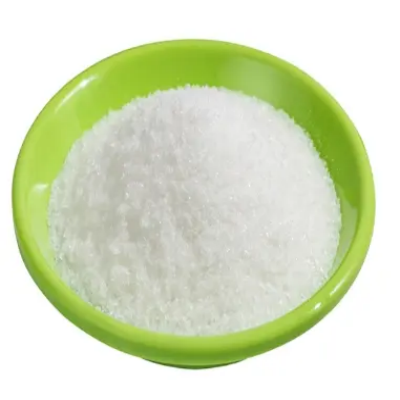
6-chloro-9-methyl-9H-purine CAS:2346-74-9
6-Chloro-9-methyl-9H-purine is a chemical compound belonging to the purine class, characterized by a fused purine ring system substituted with a chlorine atom at position 6 and a methyl group at position 9. Synthesized through specific chemical processes, this compound typically presents as a solid material. It holds significance in organic synthesis and medicinal chemistry research.
-
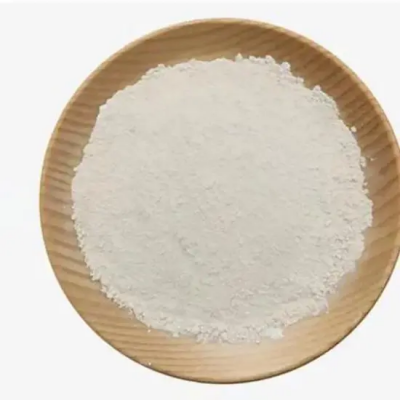
cis-2-Methylcyclopentanol CAS:25144-05-2
cis-2-Methylcyclopentanol is a chemical compound characterized by a cyclopentane ring with a methyl group attached to carbon-2 in the cis configuration. Synthesized through specific chemical processes, this compound typically presents as a liquid material. It holds significance in organic synthesis and industrial applications.
-
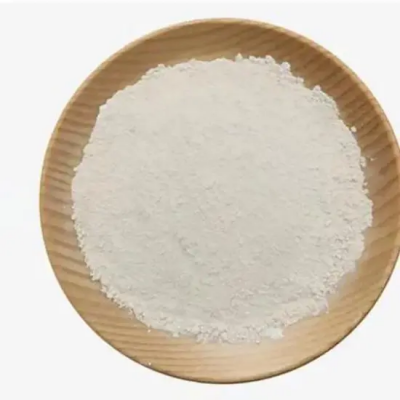
Ethyl N-Boc-2,5-dihydropyrrole-3-carboxylate CAS:146257-00-3
Ethyl N-Boc-2,5-dihydropyrrole-3-carboxylate is a chemical compound characterized by its dihydropyrrole ring substituted with an ethyl ester group at position 3 and a tert-butoxycarbonyl (Boc) protected amino group at position N. Synthesized through specific chemical procedures, this compound typically presents as a solid material. It holds significance in organic synthesis and medicinal chemistry research.
-

6-chloro-7-methyl-7H-purine CAS:5440-17-5
6-Chloro-7-methyl-7H-purine is a chemical compound belonging to the purine class, characterized by a fused purine ring system substituted with a chlorine atom at position 6 and a methyl group at position 7. Synthesized through specific chemical processes, this compound typically presents as a solid material. It holds significance in organic synthesis and medicinal chemistry research.
-
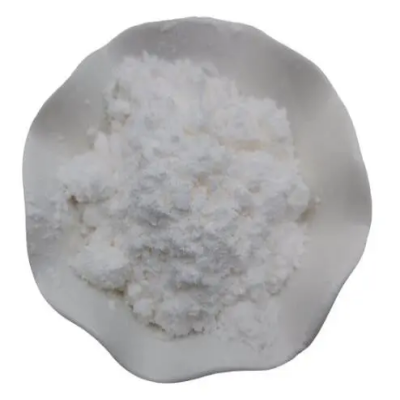
4-methoxypyrimidine-2-carbonitrile CAS:94789-37-4
4-Methoxypyrimidine-2-carbonitrile is a chemical compound characterized by a pyrimidine ring substituted with a methoxy group at position 4 and a cyano group at position 2. Synthesized through specific chemical processes, this compound typically presents as a solid material. It holds significance in organic synthesis and medicinal chemistry research.
-
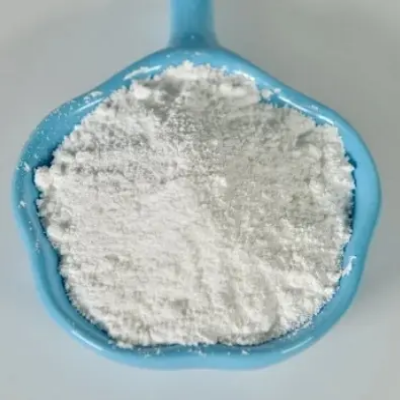
4-chloro-5-fluoro-1H-indazole CAS:1420068-88-7
4-Chloro-5-fluoro-1H-indazole is a chemical compound belonging to the indazole class, characterized by a fused indole and pyrazole ring system substituted with chlorine at position 4 and fluorine at position 5. Synthesized through specific chemical processes, this compound typically presents as a solid material. It holds significance in organic synthesis and medicinal chemistry research.
-
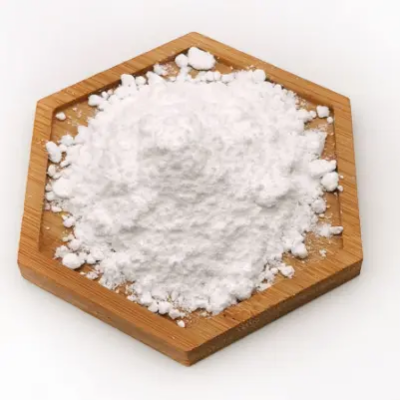
2-(Boc-amino)-5-methylpyrazine CAS:369638-68-6
2-(Boc-amino)-5-methylpyrazine, commonly referred to as Boc-AMP, is a chemical compound featuring a pyrazine ring substituted with a tert-butoxycarbonyl (Boc) protected amino group at position 2 and a methyl group at position 5. It is synthesized through specific chemical procedures, resulting in a solid form. This compound serves various applications in organic synthesis and pharmaceutical research.
-
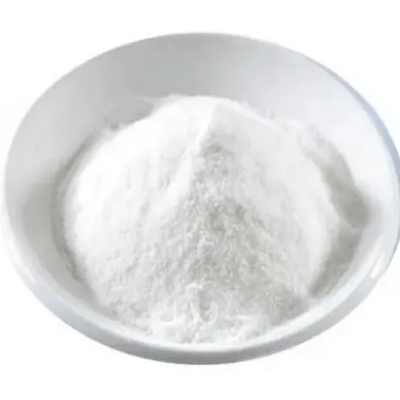
(3S,4R)-1-Benzyl-4-phenylpyrrolidine-3-carboxylic acid CAS:1821739-17-6
(3S,4R)-1-Benzyl-4-phenylpyrrolidine-3-carboxylic acid is a chemical compound featuring a pyrrolidine ring substituted with a benzyl group at position 1, a phenyl group at position 4, and a carboxylic acid functional group at position 3. Synthesized through specific chemical processes, this compound typically presents as a solid material. It holds significance in organic synthesis and medicinal chemistry research.
-
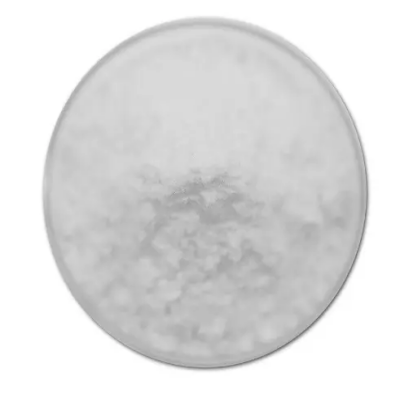
2-Isopropylthiazole-5-carbaldehyde CAS:207675-84-1
2-Isopropylthiazole-5-carbaldehyde, also known as IPAC, is a chemical compound featuring a thiazole ring substituted with an isopropyl group and an aldehyde functional group at positions 2 and 5, respectively. It is commonly encountered as a colorless to pale yellow liquid with a strong odor. Synthesized through specific chemical procedures, this compound serves various industrial and research purposes.
-
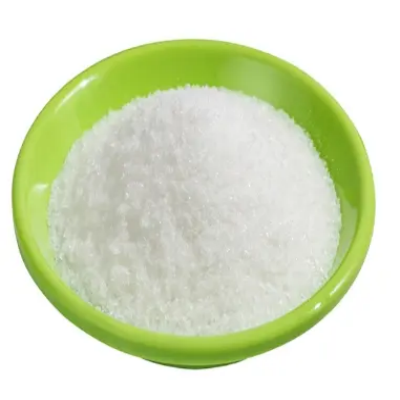
(S)-Methyl6,6-dimethylmorpholine-3-carboxylate hydrochloride CAS:2803375-13-3 947729-86-4
(S)-Methyl 6,6-dimethylmorpholine-3-carboxylate hydrochloride is a chemical compound characterized by a morpholine ring substituted with a methyl group at position 6 and a carboxylic ester group at position 3 in the (S)-configuration. Synthesized through specific chemical processes, this compound typically presents as a solid material. It holds significance in organic synthesis and medicinal chemistry research.
-

(2S,4S)-4-aminopyrrolidine-2-carboxylic acid dihydrochloride CAS:16257-84-4
(2S,4S)-4-Aminopyrrolidine-2-carboxylic acid dihydrochloride is a chemical compound characterized by a pyrrolidine ring substituted with an amino group at position 4 and a carboxylic acid group at position 2 in the (2S,4S)-configuration. Synthesized through specific chemical processes, this compound typically presents as a solid material. It holds significance in organic synthesis and medicinal chemistry research.
-
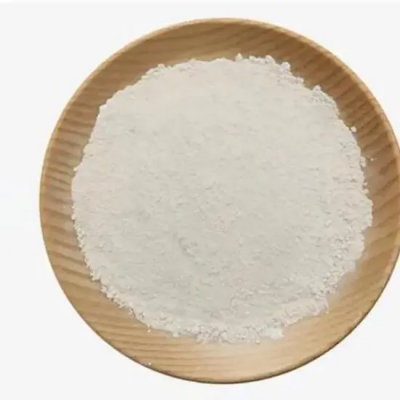
(2-isopropylthiazol-5-yl)methanamine hydrochloride CAS:1809144-15-7
This compound, commonly referred to as (2-IP)-TMS, is a hydrochloride salt derivative of methanamine bearing an isopropylthiazolyl moiety. It is synthesized through a series of chemical reactions, resulting in a white crystalline powder form. (2-IP)-TMS is primarily utilized in pharmaceutical research and development due to its potential therapeutic properties.

